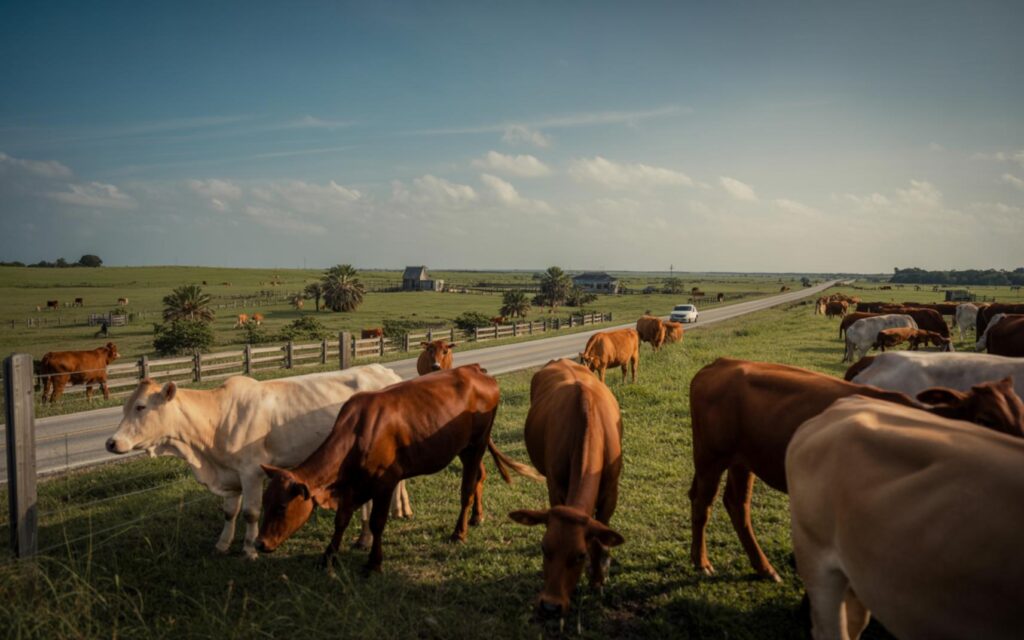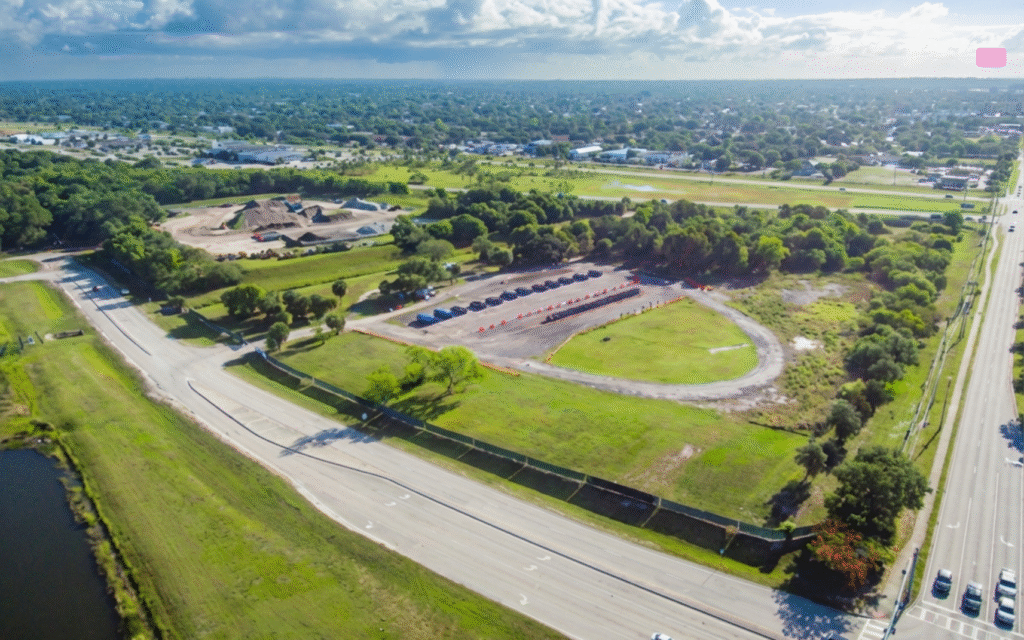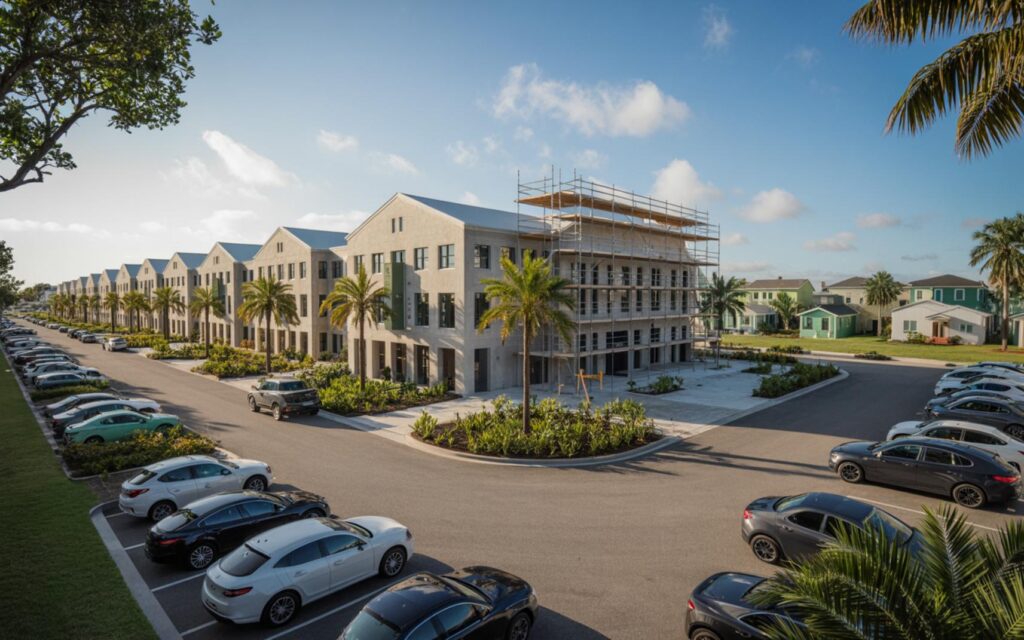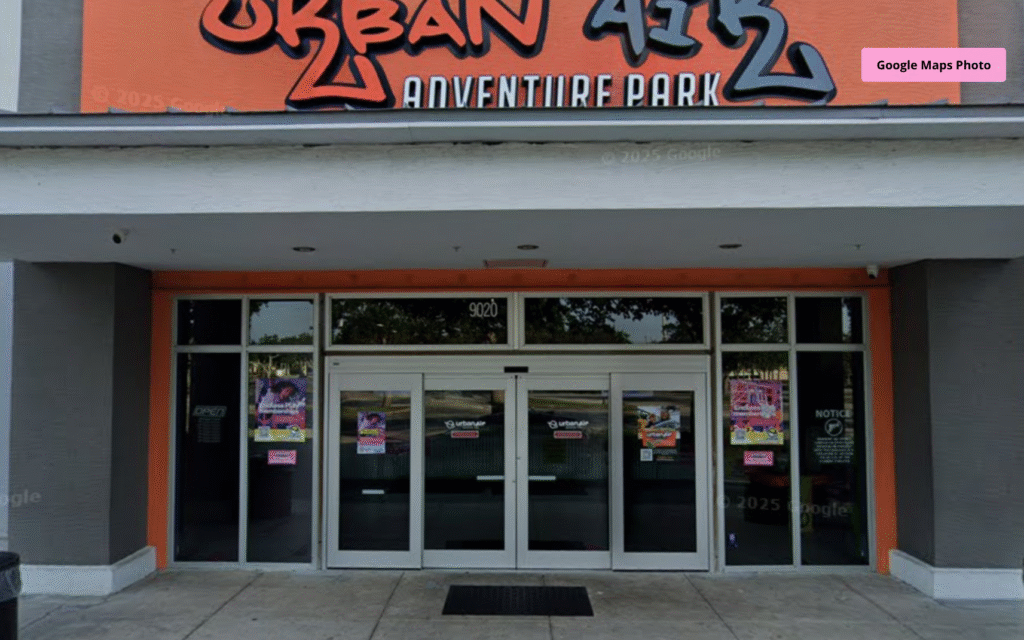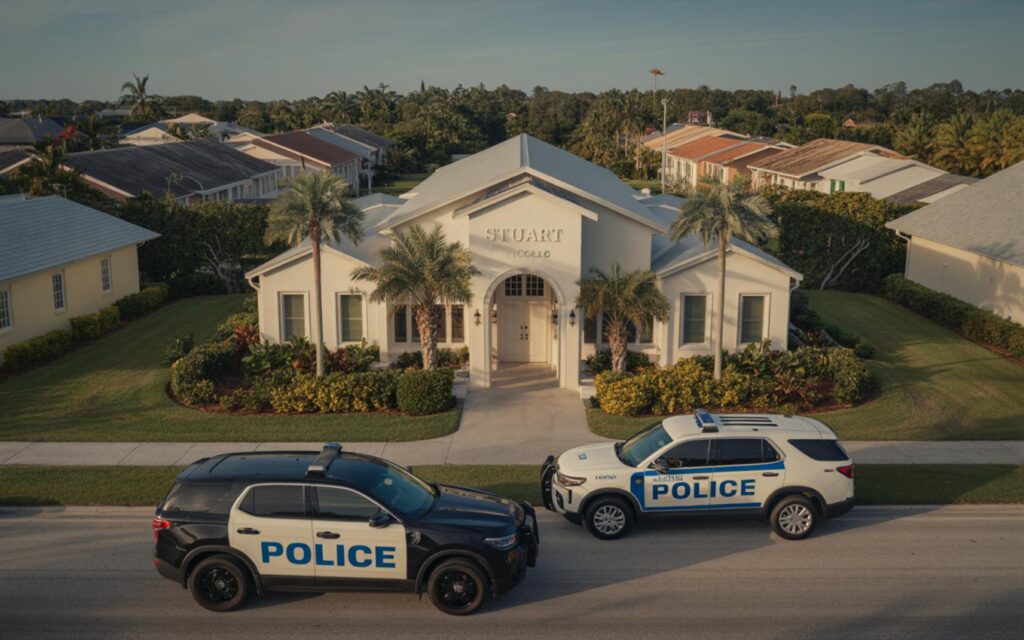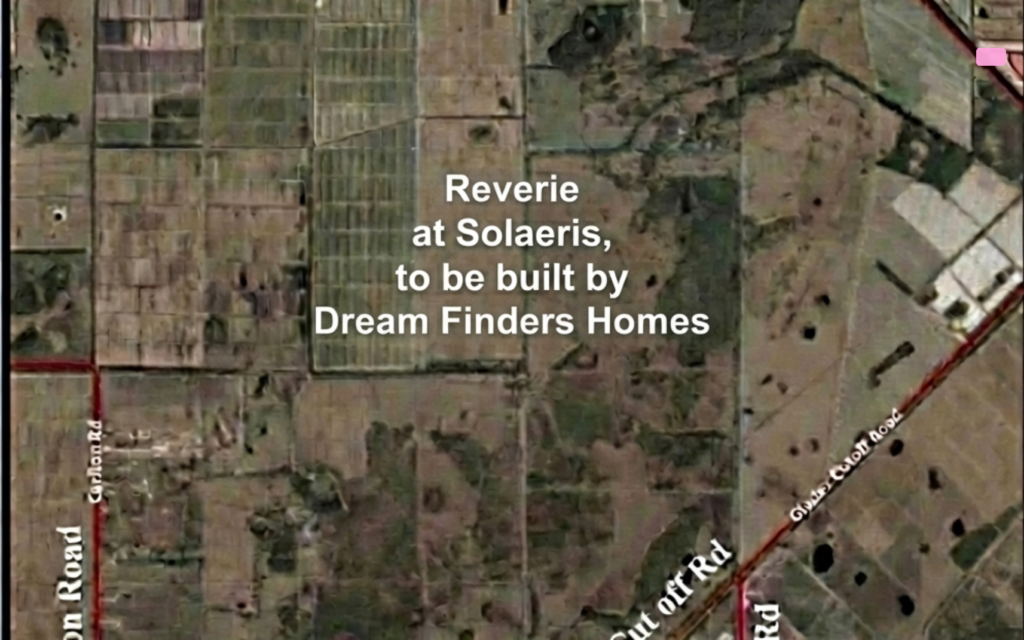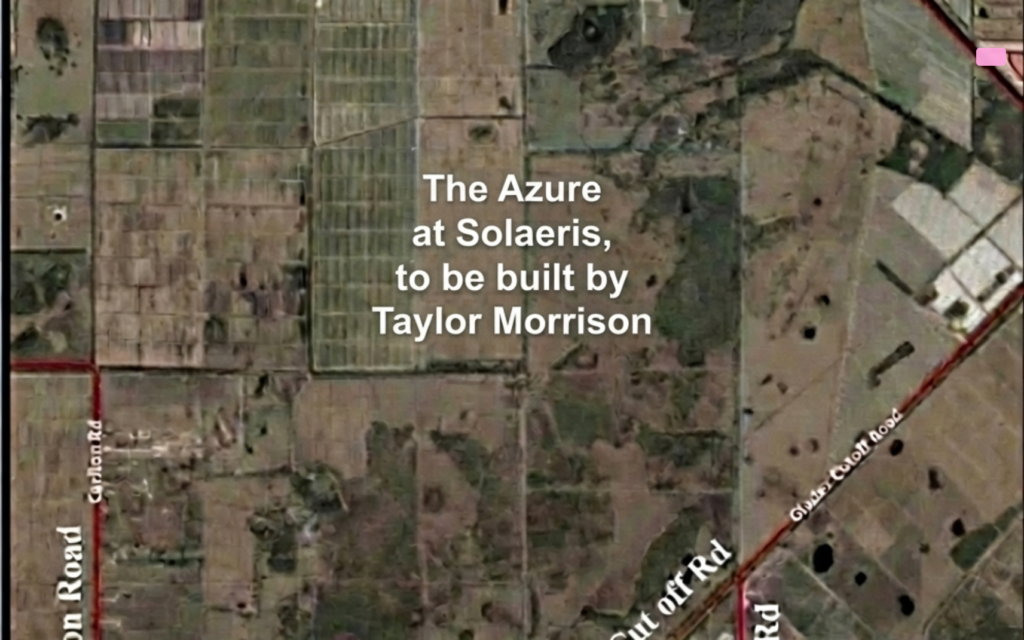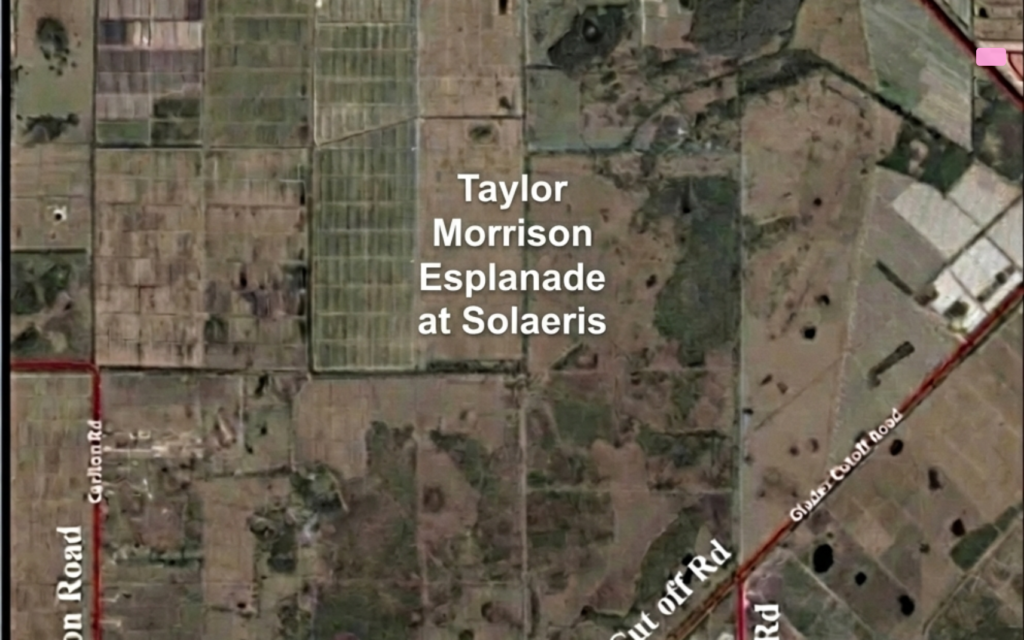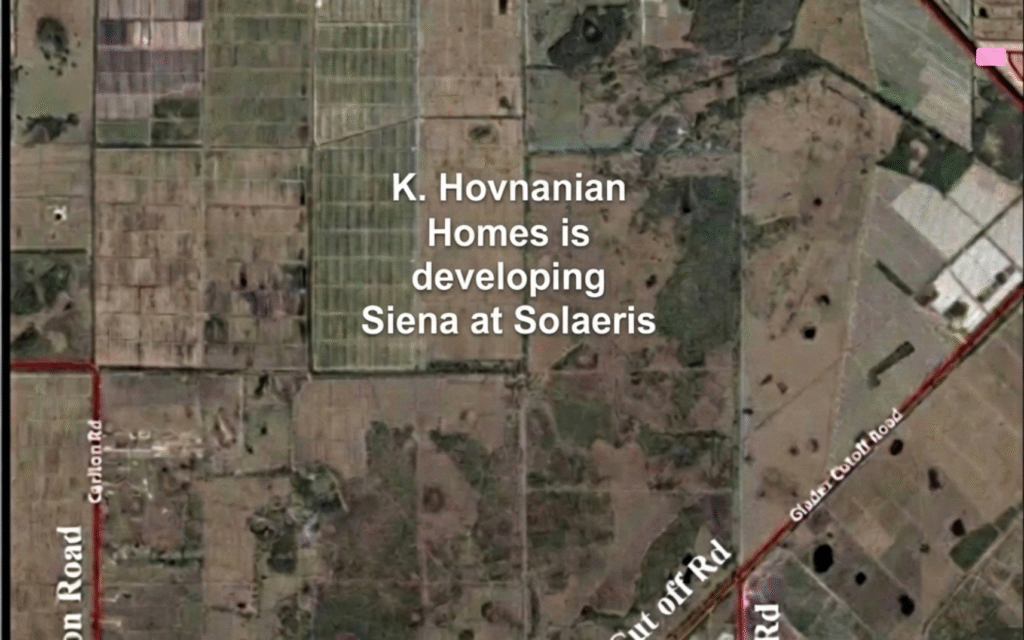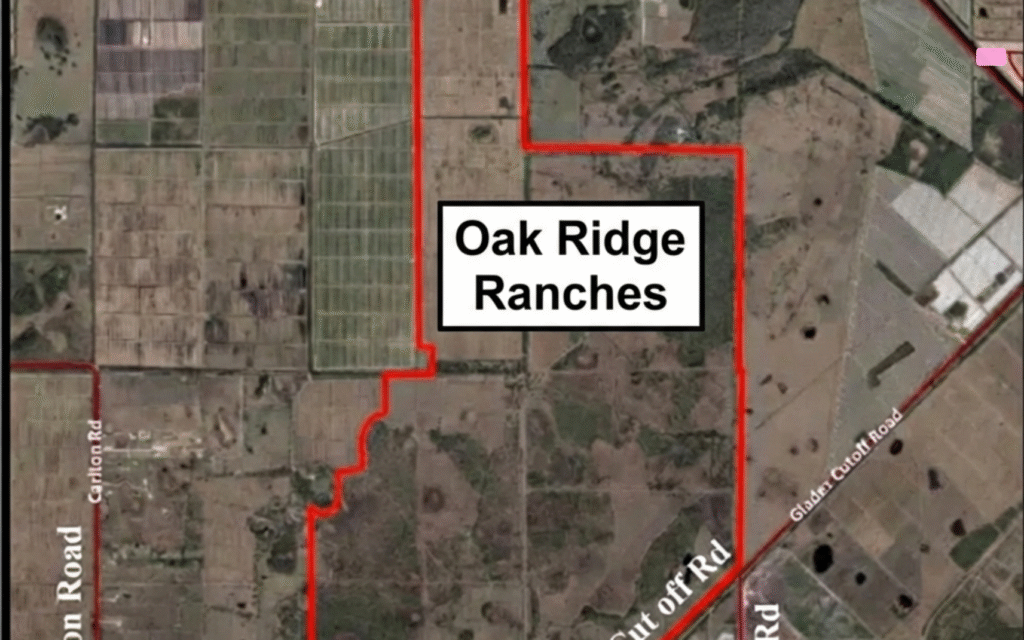Cattle ranching along Indrio Road in St. Lucie County stands as a direct continuation of Florida’s historic cattle industry, connecting the region to traditions dating back to the 1800s. This area remains a central part of the state’s agricultural identity, reflecting both its pioneer roots and ongoing evolution.
History of Cattle Ranching Along Indrio Road
The origins of cattle ranching in northern St. Lucie County, especially along Indrio Road, can be traced to the late 19th and early 20th centuries. During this period, families established trading posts and cattle operations, laying the groundwork for a local economy deeply tied to livestock.
According to historical records, these early ranchers were influenced by the so-called Florida cracker cow hunters, who managed wild cattle descended from Spanish stock. Their work formed the backbone of a rural culture that persists today.
Development of Large-Scale Ranches in St. Lucie County
By the 1930s, ranchers in the Indrio Road area began acquiring extensive tracts of land to establish permanent ranches. According to local historical sources, some ranches secured up to 18,000 acres at a cost of one dollar per acre, a reflection of the era’s land values and the scale of agricultural ambition.
Fencing regulations introduced during this time prompted ranchers to shift from open-range practices to more structured operations. This transition supported the growth of large, managed herds and contributed to the economic stability of the region.
Cattle Breeds and Agricultural Evolution
Cattle breeds along Indrio Road have evolved over time to meet changing market demands and environmental conditions. Early herds often consisted of Hereford and Brahman crosses, valued for their adaptability and productivity.
In recent decades, ranchers have diversified their herds, introducing breeds such as Wagyu to enhance beef quality and market appeal. This ongoing adaptation reflects a broader trend in Florida’s cattle industry toward innovation and genetic improvement.
Modern Ranching Operations and Diversification
Today, ranches along Indrio Road are large-scale, diversified agribusinesses. Many span thousands of acres and incorporate not only cattle but also citrus groves, fruit nurseries, and other agricultural ventures.
According to agricultural reports, these operations have adopted advanced genetics, direct-to-consumer marketing, and partnerships with specialty crop producers. Such strategies help ensure economic sustainability amid shifting agricultural markets and consumer preferences.
Key Features of Modern Ranches
- Integration of advanced breeding techniques
- Diversification into citrus, fruit, and specialty crops
- Direct sales to consumers and local businesses
- Partnerships with other agribusinesses
Preserving Old Florida: Landscape and Cultural Significance
The open pastures and grazing cattle visible along Indrio Road are emblematic of Old Florida. This landscape preserves a visual and cultural connection to the state’s rural past, even as development and urbanization increase elsewhere in St. Lucie County.
According to local experts, these ranches play a vital role in maintaining open space, supporting biodiversity, and sustaining the region’s heritage. Their presence provides a counterbalance to rapid suburban growth and changing land use patterns.
Benefits of Ranching to the Local Community
- Supports local economies through agricultural production
- Maintains open space and rural character
- Preserves biodiversity and native habitats
- Provides educational and cultural value
Ongoing Adaptation and Economic Sustainability
Modern ranches along Indrio Road continue to adapt to evolving market conditions. The integration of new genetics, diversification into specialty crops, and development of agribusiness partnerships are key strategies for maintaining profitability.
According to agricultural organizations, direct-to-consumer marketing has become increasingly important, allowing ranchers to connect with local buyers and respond to changing consumer demands. These efforts help ensure that cattle ranching remains a viable and valued part of St. Lucie County’s economy.
Legacy and Future of Cattle Ranching in St. Lucie County
The presence of cattle along Indrio Road serves as a living reminder of the area’s pioneer roots and the enduring legacy of Florida’s cattle industry. Despite ongoing development, ranching continues to shape the landscape and identity of St. Lucie County.
According to local authorities and agricultural experts, the continued operation of these ranches supports regional heritage, economic resilience, and the preservation of open space for future generations.
Frequently Asked Questions About Cattle Ranching Along Indrio Road
What is the history of cattle ranching along Indrio Road?
Cattle ranching along Indrio Road began in the late 1800s and early 1900s, with families establishing ranches and trading posts. The area has remained a center for livestock operations ever since.
How much land do modern ranches along Indrio Road cover?
Many ranches in this area span thousands of acres. Some historic ranches acquired as much as 18,000 acres during the early 20th century.
Are there still active cattle ranches on Indrio Road today?
Yes, there are several large-scale cattle ranches still operating along Indrio Road. These ranches often include other agricultural ventures like citrus and fruit production.
Can you visit or buy products directly from these ranches?
Some ranches offer direct-to-consumer sales, such as beef or specialty crops. Availability varies, so it is best to check with individual ranches for details.
Where are the main cattle ranching areas in St. Lucie County?
Indrio Road in northern St. Lucie County is one of the main areas for cattle ranching. Other rural parts of the county also support livestock and agricultural operations.

